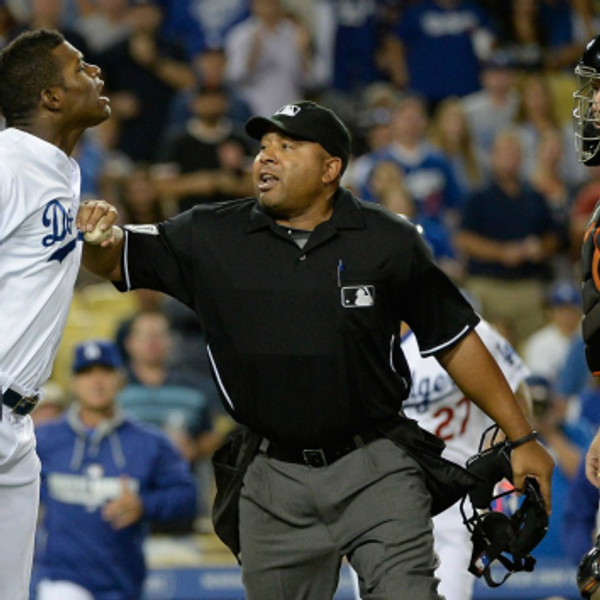As a fan of the Atlanta Braves this season… well it has been rough to watch. Atlanta currently has the worst record in baseball and the offense has struggled to show any signs of life. As a fan this rebuilding process that the team has embarked on has been painful to say the least, as an economics and business student, however, what the organization is doing has been intriguing. Watching what is happening has given me hope for the future, mostly because I do believe that GM John Coppolella and President John Hart do know what they are doing. From the views of an economist, many of the moves they have made have been prudent. Some moves, on the other hand, have backfired; here are a few things I have noticed.
Creating a surplus of wealth.
Last Thursday the Braves were expected to go after a few solid college bats to bring some firepower to the lineup in the next few years. Instead, to the dismay of many fans, they elected to pick up a high-school pitcher who was not even considered the best pitcher on the board with the overall pick. From there they picked two more pitchers with the 40th and 44th picks, and then finally bringing in a catcher with a big bat with the 76th overall pick.
The Braves organization needed batters to create offense yet they elected to stockpile more pitching talent, something they were already overflowing with. So why make this move? The answer is simple, these pitchers are going to become a commodity in the baseball market. Although there is always a demand for good batters and fielders, the demand for young pitchers is always apparent. The Braves’ farm system is starting to look like the Fort Worth of pitching prospects, as many of the top young arms in the country are currently in the system refining their skills.
This depth allows the Braves to continue to ring young, talented pitchers up which means that when a pitcher has an outstanding year in the big league, they can be moved without creating much of a void in the rotation. Exhibit A of this would be the Shelby Miller trade Atlanta made last year. This trade moved a young pitcher coming off a solid year, in exchange for a solid bat and fielder, another high ceiling pitching prospect, and the number one overall draft pick that year. These a major additions for the organization and in reality they did not lose anything they could not replace. Do not be surprised to see more young pitchers move in the next few years as the Braves use this surplus of talent to build a contender
Ridding bad investments.
When the Braves began to strip their organization apart by breaking ties with basically the entire lineup after the 2014 season, they made two things clear; they would be building their farm system up and clearing salary cap space. We have already discussed the farm system but the move to rid some of the higher cost players on the team was another key move for the future of the organization.
One of the better moves the organization made was the Justin Upton trade. Justin Upton was coming off of a monster season and was a young outfielder with a few years left on his contract. While he would have been a nice asset to keep, the Braves had another Upton that was a bit of an issue. Melvin Upton Jr. was once one of the better outfielders in the league, but he struggled to put it together with the Braves, hitting a low average and becoming a liability at the plate with the number of times he would strike out.
When the Braves traded Justin Upton to the Padres they were able to trade Melvin with him as a package deal and with it, Melvin Upton Jr.'s massive contract. These moves have cleared up salary cap space which the team can use moving forward to make acquisitions.
So while this season has been rough, there is hope for the future. Many businesses take heavy losses with the intent of creating future wealth. This season may not be pretty, but there is still a future for this team.





















